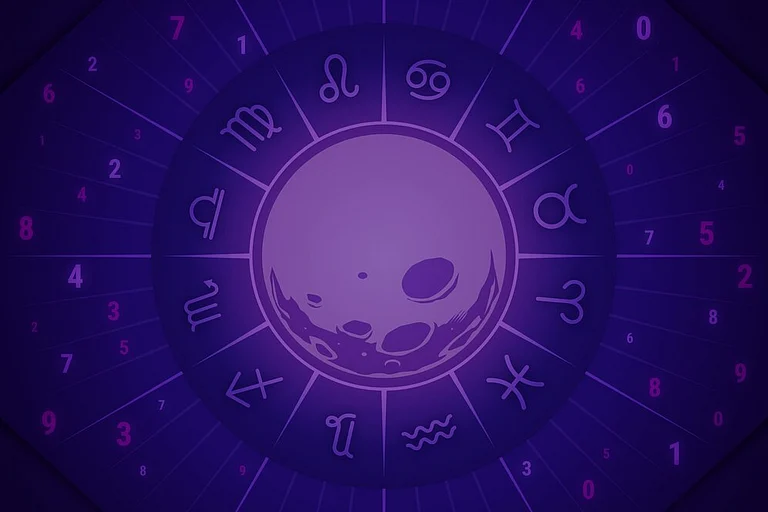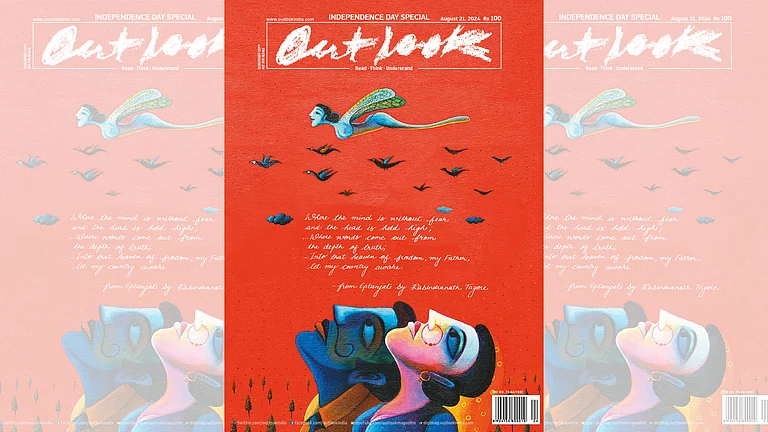The caricature of the post-colonial man is pretty clear. He still carried the British accent as far as possible, still spoke of duty, principles, courage, and still viewed British education, British medicine, British literature, British manners as the best. He was uncomfortable with the White Man, but ingratiating. He was derivative and always emulating. He was also uncomfortable with anyone who was just too "native". V.S. Naipaul exemplifies that psychological mindset. There was corruption, but on a small scale. He could be called the Nehruvian Man.
Then came the Indira Man. Sycophancy became a cottage industry, there was a coterie boom, corruption expanded, a pliant judiciary and even the President were put in place. With all the draconian laws to kill free enterprise, the Indian man became adept at dodging rules, not paying taxes and the seeds of a chalta hai, chalu national character were sown.
The next generation evolved into the Rajiv Man. As accents dropped to the Hinglish roll, he began to move away from the British mindset as well as Gandhian morality. Grand corruption evolved, getting the job done by any means, pulling strings, an emergence of a strong parallel black economy, vote-bank politics, all began to shape our national character.
Now, what do we have today? A Brat Man. Definitely a generation that is far more comfortable in their Indian skins, that revels in Indian music and their own form of bhangra-DJ dance, loaded with ambition and greed, with no compunctions about not having any principles at all. Life is all room service, and if the service is bad, this lot makes sure it is heard. They constantly point out what their country is not doing for them, while enjoying all the privileges of being in India. (Perhaps, living in the White World would show them, yes, there are some privileges here.)
The reason why, only in India, the word "elite" is a derogatory term is clearly because the elite behave in the worst possible way. It is just normal to cheat in exams, fake entrance exam portfolios, bribe teachers, principals for admission, forge degrees, gherao a vice-chancellor, pay for a public service job, go on a dharna and behave like you're at a party, become a politician to make money, go on protest marches to get your picture in the paper, organise a trade union to extort money from the workers with false promises, construct bridges and buildings that fall down, help victims of a disaster only to promote yourself or your political party, buy a driver's licence, get drunk and drive, do cocaine, drive away after killing a few people, murder and expect well-connected Papa to save you, and the list could fill all 1,000 words of this column.
But, what does the list tell you about us? Sadly, we have a national character to be ashamed of. The cause? The value that immorality is the best way to succeed is being imparted daily by leaders, schools and parents. Most seriously, no attention is being paid to this, forget about planning to change it. All acts of immorality are looked at and dealt with separately and singularly, whereas the problem is really one big issue. That of an immoral national character.
Theodore Dalrymple wrote in 2001, "In the past few decades, a peculiar and distinctive psychology has emerged in England. Gone are the civility, sturdy independence, and admirable stoicism that carried the English through the war years.It has been replaced by a constant whine of excuses, complaints, and special pleading. The collapse of the British character has been as swift and complete as the collapse of British power."
In that context, let's look at what we have lost. The sense of sacrifice to build a nation, the mission to create a society that is fair to all regardless of caste, gender or religion, the reverence for another man's life and most important of all, we have lost self-respect and national pride. "Character" is an intangible. But that not only does not undermine its importance, it makes it even more essential. How we function as a people, alone and together, affects our own lives. Other nations are addressing the issue of national character. Tony Blair said in 1997, "A decent society is not based on rights; it is based on duty. Our duty to one another. To all should be given opportunity, from all, responsibility demanded."
On January 29, even the intellectually-challenged George Bush tackled the issue of national character in his State of the Union address. He said: "We were reminded (on September 11) that we are citizens, with obligations to each other, to our country, and to history. We began to think less of the goods we can accumulate, and more about the good we can do. For too long our culture has said, 'If it feels good, do it.' Now America is embracing a new ethic and a new creed: 'Let's roll.' We have glimpsed what a new culture of responsibility could look like.
We want to be a nation that serves goals larger than self. My call tonight is for every American to commit at least two years—4,000 hours over the rest of your lifetime—to the service of your neighbours and your nation."
Can anyone recall when any one of our gutless, vote-hungry politicians demanded anything of the people? All we get are shallow promises of largesse.
What can we do to build our national character? In my next article.
(The author can be contacted at madhutee@yahoo.com.)


























